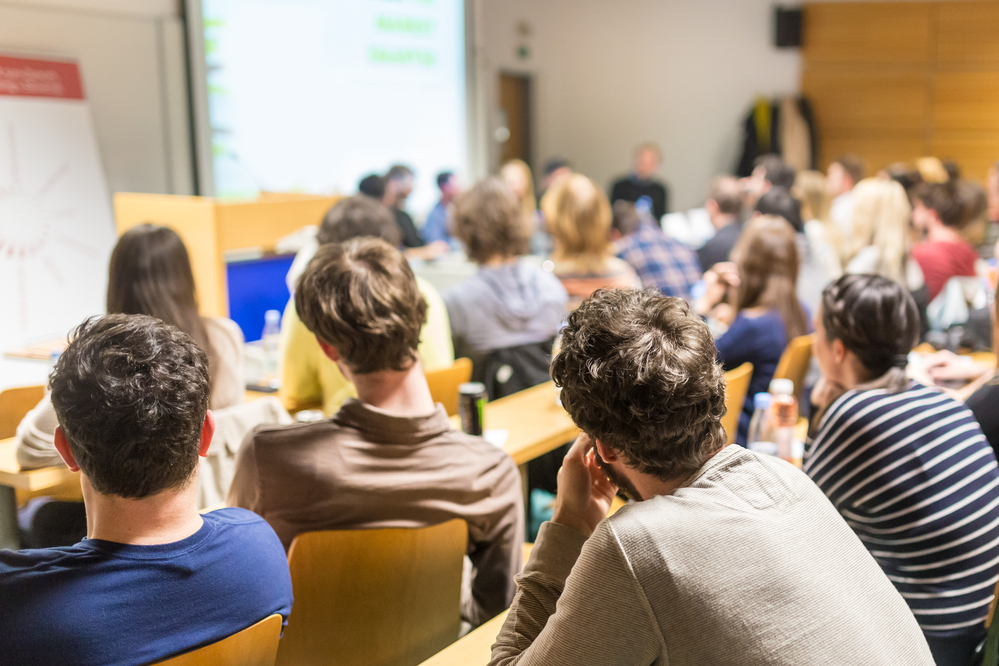The Dutch government has asked universities in the Netherlands to prepare two scenarios for the opening of the new academic year: one where all education takes place with 1,5 metres distancing, and one without.
However, the chairman for the Association of Universities (VSNU) says that “working out two side-by-side scenarios is too much of a burden on staff.” Most Dutch universities won’t comply with the government request, reports the NOS.
Unfair request
Some universities, such as the Eindhoven University of Technology, are acting on the government’s appeal for multiple scenarios. Eindhoven has created not one, not two, but three plans for welcoming students into a new but uncertain academic year. Including one that prepares for a full lockdown.
Most Dutch universities, however, see the government request as too much for educators. After a year of adaptation, uncertainty, online teaching, the government can’t expect the staff to develop multiple schedules.
A spokesperson for Tilburg University simply says that “what the government asked is not feasible.”
Standing their ground
Altogether, the message from universities in the Netherlands is clear: there’s only one option for the new academic year and that’s on-campus teaching — without 1,5 metres distancing.
Dutch universities don’t see the value in socially distanced education. Even the late rise in infections in the Netherlands doesn’t change their wish for a full reopening after the summer.
Would consider testing for access, if necessary
Although they’d rather not introduce access tests, the chairman for the VSNU says that they also recognise the “new reality” we’re living in right now. So, if the government insists on students being tested, he says that “we won’t be happy, but we will cooperate.”
Testing for access poses several challenges for the universities.
Firstly, it would be a logistical nightmare as many Dutch universities have numerous buildings, with several entrances to each. Many also have buildings scattered throughout the city. Verifying students’ CoronaCheck app at each entrance (if that is how testing for access would be implemented), would require a lot of staff.
Secondly, some universities are opposed to testing for access from an ethical point of view. A spokesperson from the University of Twente says that they’d comply with voluntary testing but can’t force students or staff to get tested. Together with the VSNU, they advise the government not to introduce mandatory testing.
The chairman for VSNU agrees that mandatory testing isn’t an option and says that Dutch universities will be “obliged to offer a fully-fledged alternative” if people don’t wish to be tested.
As lectures are unlikely to be given twice for alternatives to on-campus teaching (due to the already heavy workload carried by lecturers) it’s still uncertain what an alternative would look like.
What do you think of the standpoint taken by Dutch universities? Tell us in the comments below!
Feature Image: kasto/Depositphotos




With students being the biggest group not having received full vaccination, this is not a viable option until at least September. Universities also have to invest in filtered air circulation systems and the 1,5 m distance rule is hard to enforce